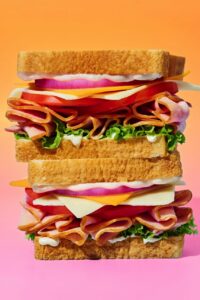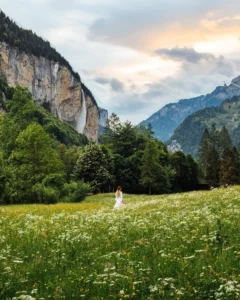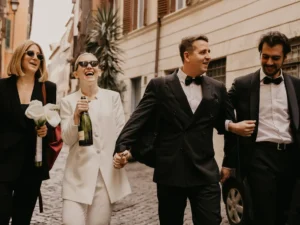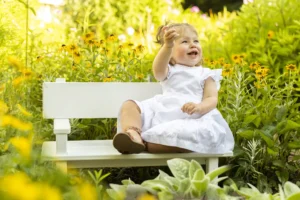
In
Erez Maromphotography , you can’t take someone else’s shot, shoot it yourself, and call it art. You’ve done nothing. So for me, going to new places, doing new things, shooting new compositions, innovating in some sort of manner, in some way or form is absolutely key to making art in the world ofphotography .
You can also listen to this episode on iTunes, Pocket Casts, Spotify, Castbox, and Google Podcasts.
In this episode, I talk to the very talented Erez Marom, who specialises in landscape, nature, and travel
Erez and I talk about:
- His background, which includes music and engineering
- His unique approach to landscape
photography - How he hosts
photography workshops around the world
& much more!
I enjoyed finding out more about Erez and his outstanding work. I hope that his philosophy on
Here is a preview of our conversation with Erez Marom.

Q: If a nature/landscape photographer wants to become a full-time photographer, should they consider taking the workshop route?
Erez Marom: Well, if you have another way of making money, be my guest. Less competition for me!
But seriously, I mean, look at the facts today. No one wants to buy pictures. No one. I sell pictures but it’s pocket money. It’s maybe a few thousand dollars per year. It’s not real money.
If you guide workshops, and if you give the participants something that other people don’t give them, then you can make a lot of money. I basically use my very, very deep knowledge of traveling and very good knowledge of the places I travel to, to make very, very good experiences for my clients.

Q: I’m curious to know, more specifically, how has music and engineering helped you in photography ?
Erez Marom: Well, that is a really good question. And you really hit the nail on the head here. People don’t realize how much your knowledge in other areas altogether really helps you.
Let’s say engineering. I don’t use any of my engineering qualifications when I shoot, but it’s helped me in so many ways. I mean, first of all, I did a special program, a Master’s program, one where I started my Master’s before finishing my Bachelor’s. It’s like five years, and you get a Master’s. In this program, you’re basically committing to doing research thesis. You’re also committing to teaching. So if you have to teach, you can’t really work. Other than that, you’re also signing off on being able to work somewhere else, because you’re getting full scholarship, and you’re getting a lot of funding for your research.
So they’re saying, “Okay, we’re giving you all this money. I mean, we don’t want you to devote your attention to anything else.” Which is more than fair. So basically, when you teach, you teach a few hours a week, and that’s the job and you get paid. But then you have all this free time. And it’s actually the free time being paid very well that allowed me to delve very deep into this hobby of
I would say it also makes everything technical about

And music. It’s even more convoluted and complicated. So I wouldn’t know how to start. And there are other parallelisms between any art and any other art. You can parallel music and
I think being a musician helped me with engineering. I think being a musician, and being an engineer, helped me with becoming a photographer. It enriches you personally. And like we started the conversation, you cannot really differentiate the artists from the art.
So if you are richer personally, you’re also a rich artist. So, all of your spectrum of knowledge, all of your experiences personally. My personal experience as a person with my relations with other people has become much more rich, or better, in the last decades. But that also contributed to my work as a photographer.
I’m a very firm believer in opening up yourself to different areas of thought, different proficiencies, even if you do something seemingly trivial, like learn how to drive a truck, a trailer that might help you in ways you never expected, right? Not to mention very useful knowledge, like learning a new language or learning math or language, learning music.

Q: I can’t even imagine how much you need to organize. On your website it says that you have guides and professionals. You’re a certified medic, right? There’s just a lot of thought that needs to go into these things.
Erez Marom: Well, the medic thing was was just out of boredom. Then I realized very fast I don’t belong in the medical profession. I’m a delicate artist, you know. I’m a lover, not a fighter! The blood is not for me. Thank you very much. Well, it’s good to have.
A lot of thought goes into it. But this is my career. I guess when someone has a career, if someone is a university professor and a researcher, you know, it’s a lot of work. A lot of thought goes into that. If someone is a high tech executive, then a lot of thought goes into that. So I don’t see why
I mean, why should I not invest any thought and just do the same thing again and again? That’s not the level of life I wish to live. I wish to do the best I can in my chosen career path. If you want to do something special or something out of the ordinary in

Check out Erez’s work:
Website
Facebook
Instagram
Photography workshops









